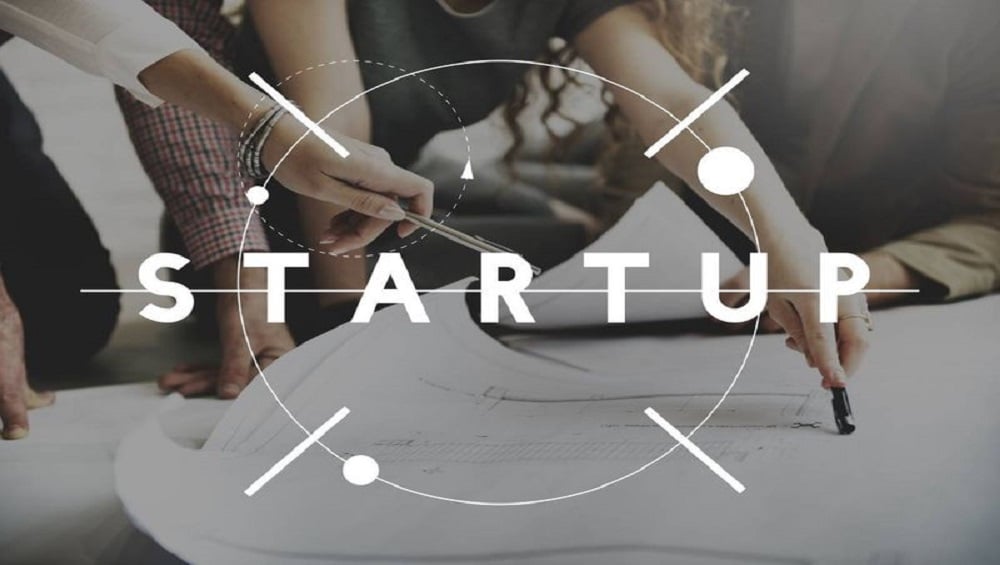Various Governments offer Startup Visas to Investors

The relationship between migrant entrepreneurship and the economic development of host countries is increasingly highlighted, as are now adopting strategies to entice the migrants’ entrepreneurial innovations. According to a study conducted by Research Gate, 204 firms were established by immigrants, between American enterprises listed in the Fortune 500 list for 2010, resulting in the revenues of $4.2 trillion and employing more than 10 million people worldwide.
The Startup Visa is a conditional residence permit provided by some countries to invite entrepreneurs who either raise funding or are on the lookout for a permanent stay afterward. A number of developed countries apply the startup visa and some immigration rules, to which foreign founders of promising business can commit, to execute their businesses under a better environment.
Various Governments offer Startup Visas to Investors
Since migrant and refugee entrepreneurs often face legal and cultural obstacles to establish and maintain their businesses, leveraging the startup visa could be a good opportunity for their budding business. So we’ve compiled a list of fifteen countries who offer the startup visa and are interested to attract skilled migrant entrepreneurs to upgrade their knowledge, support their innovations, and address some world-real problems.
1. United Kingdom: To apply for the Tier-1 entrepreneur visa, you need to set up or run a business in the UK. You can apply if you’re from outside the European Economic Area (EEA) and Switzerland. Requirements include knowledge of English, access to at least £50,000 of investment capital, a valid passport, and a business plan. The earliest you can apply is 3 months before you travel. The visa will last for 3 years and 4 months maximum. However, if you completed 5 years in the UK, you can apply for a settlement known as ‘indefinite leave to remain’.
2. Denmark: The Startup-Denmark visa requires getting your business idea approved by a panel of experts appointed by the Danish Business Authority and you must play an active part in running the business. You have to provide documentation that proves you have sufficient funds to cover your first year in Denmark. In the form of a bank statement, you need to at least prove that you have 137.076 DKK if you are in Denmark without any family members.
3. Sweden: Requirements for obtaining a residence permit as a self-employed include showing that you have significant experience in your field and previous experience of running your own business. Having documented and relevant knowledge in Swedish or English is also a condition. Furthermore, you have to show that the business’ services or goods are sold or produced in Sweden, and that you have sufficient funds to support you equivalent to SEK 200,000.
4. Ireland: The Startup Entrepreneur Programme intends to support migrants with a proposal for a high potential startup in the innovation economy and funding of €75,000. You must be capable of creating 10 jobs in Ireland and realizing €1 million in sales within three to four years of starting up. The startup must be headquartered and controlled in Ireland and operating for less than six years.
5. Singapore: The documents needed for the EntrePass application should include a valid passport, past employment testimonials in English, a business plan, and $50,000 on deposit in a Singapore-based bank account.
6. New Zealand: Requirements for the Entrepreneur Work Visa include passport, Entrepreneur visa, and proof of English language knowledge. You need to provide a detailed business plan and have a minimum capital investment of NZ$100,000.
7. Australia: The Investors and Entrepreneur visa offers 3 types of visas, including 2 types of Business Innovation and Investment and Business Talent visa. Each one of them requires a different size of capital, proof of knowledge of English, and a business plan.
8. Germany: To apply for the Entrepreneur visa for Germany you need to submit a business plan, financing concept (includes profit and loss account, capital requirements and financing plan, liquidity plan), health insurance leaflet and certificate, and curriculum vitae and credentials.
9. Italy: There are documents to be sent directly to the Italian Ministry of Economic Development’s Committee to receive the 1-year Italia Startup Visa. You can apply through two ways for the visa: a direct startup visa application, or a visa application through a licensed incubator. The online application should include a business plan, a copy of your passport cover a letter of proof of financial resources, and capital worth $56,000. The permit is renewable for 2 more years.
10. Chile: The Startup-Chile acceleration program has duration of six months, and provides free workspace as well as a 1-year work visa. The minimum requirements for the application are that startups are no older than 3 years, with a base team 100% dedicated to the project, having a functional product and early validation.
11. France: France organizes the French Tech Ticket program for foreign entrepreneurs to create startups in France. Teams must comprise one to three founding members, and a maximum of one French person per team. The team must upload to a video presentation (‘pitch’) which meets the requirements set out in the application form. The project submitted must be a young, innovative company (whether technology-based or not) looking for a rapid-growth model. The company must have a legal personality.
12. Thailand: The Thai government issued Smart Visa, targeting entrepreneurs investing in new businesses, highly-skilled professionals, or executives. The visa permit is for 4 years and is open for talents, investors, executives, and startups. The startup applicant should submit a proof of 600,000 Baht deposit. They should be participating in an endorsed incubation, accelerator or similar program. The entrepreneur must set up in Thailand within 1 year with at least 25% ownership, or being a board member of a company in the targeted industries.
Bangkok, Thailand. Creative Commons license.
13. Canada: To be eligible for the startup visa program in Canada, you have to have a qualifying business, and you have to get a letter of support from a designated organization, such as investors. You have to meet the language requirement, and give proof that you have sufficient amount of money to support yourself.
14. Spain: To start a company in Spain, you have to follow one of the two types of formation of Spanish legal entity, (“Sociedad Anónima” – S.A.), and the limited liability company (“S.L.”). Each one requires submitting a business plan and a different share of minimum stock capital as well as a certain number of founders. For the first 2 years in business,the entrepreneur will pay a tax rate of 15%.
15. Belgium: Belgium offers a golden visa also known as an “investor visa” program, and is intended as an entrepreneur visa investment. You have to apply as establishing a Belgian company and successful applicants can gain permanent residence and citizenship after five years. Typical investment throughout the five year period is €350,000 – €500,000.
PTA Taxes Portal
Find PTA Taxes on All Phones on a Single Page using the PhoneWorld PTA Taxes Portal
Explore NowFollow us on Google News!





